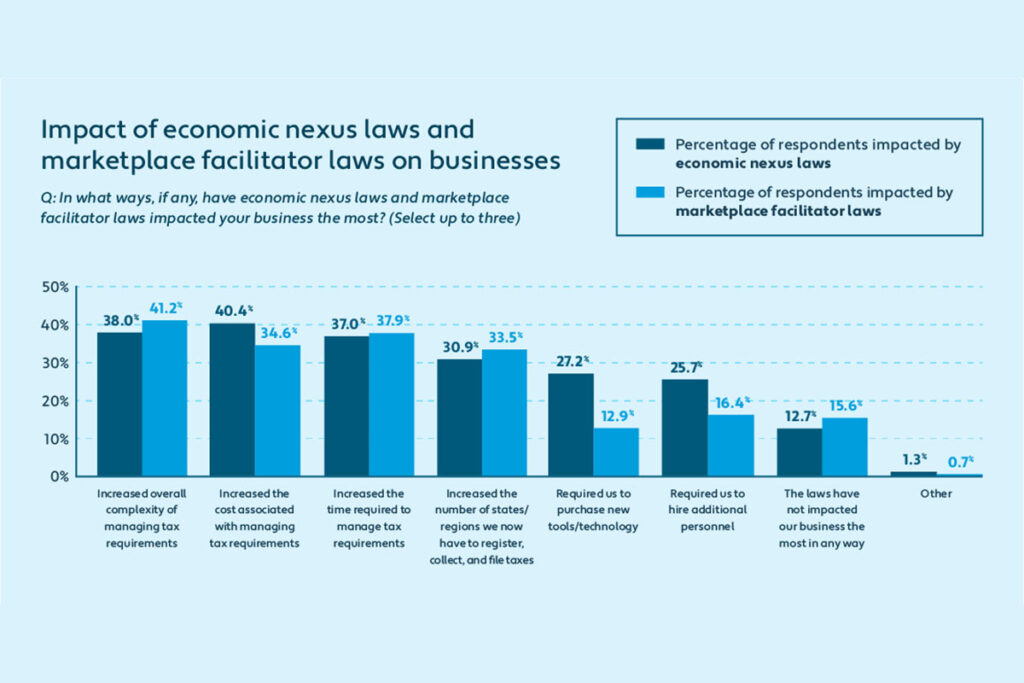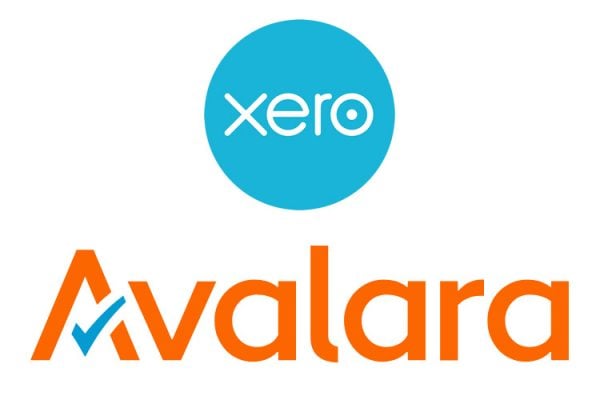Avalara have released findings from a new survey of 500 U.K. businesses revealing that online sales tax compliance remains complex and confusing for businesses to navigate as we mark the fifth anniversary of the Wayfair decision.
Customers are paying for the cost of Wayfair complexity
Most businesses across the U.K. (78%) agree that five years later, online sales tax requirements are complex and confusing. Due to the complexity of online sales tax laws, businesses have had to make changes, including raising prices, increasing headcount, and more to make up for added costs and constraints. As a result, 49% of U.K. businesses say that they have increased the prices that customers are charged in response to economic nexus laws, and 42% have increased prices in response to marketplace facilitator laws.
Complexity is hampering growth for businesses
The growth of ecommerce and omnichannel selling has made it easier for even the smallest businesses to expand their operations and reach more customers. However, online sales tax requirements creates compliance barriers for businesses that can make online expansion across the U.S challenging. A majority of UK businesses (69%) say that expanding their business across the US has become more difficult than it was five years ago due to tax regulations and complexity.
The complexity of online sales tax requirements also creates challenges for domestic sellers looking to expand across the U.S., with 65% of U.S. businesses responding that expanding their business into the U.S. has become more difficult than it was five years ago due to tax regulations and complexity.
Technology adoption grows alongside compliance
75% of U.K. businesses have invested in technology to help manage the calculation and reporting of online sales tax requirements. The top two types of technology investments are accounting solutions (57%) and automated tax compliance software (47%). Interestingly, small businesses had the greatest number (44%) that have not adopted technology to address sales tax requirements. Only 20% of U.K. businesses have not invested in technology to help manage the calculation and reporting of online sales tax requirements.
Complexity tied to economic nexus and marketplace facilitator laws is likely at its highest level since the Wayfair decision happened as all states with a general sales tax have adopted their own rules with little uniformity. Fortunately, five years later we’re seeing more businesses turn to technology to address the growing complexity and offload the additional burden – something we knew would happen with time. As businesses continue to grow and expand into new channels and jurisdictions, they should expect complexity to increase, as will their need for automated tax compliance solutions.
– Scott Peterson, VP of U.S. Tax Policy, Avalara
There’s a hidden connection between high adoption of tax technology and high levels of perceived compliance. Businesses that are leveraging technology solutions to manage the complexity of sales tax can step away from the day-to-day management of tax. Technology not only takes the pain out of tax management but gives businesses peace of mind when it comes to their compliance with ever-changing laws.
– Liz Armbruester, EVP, Customer and Compliance Operations, Avalara









